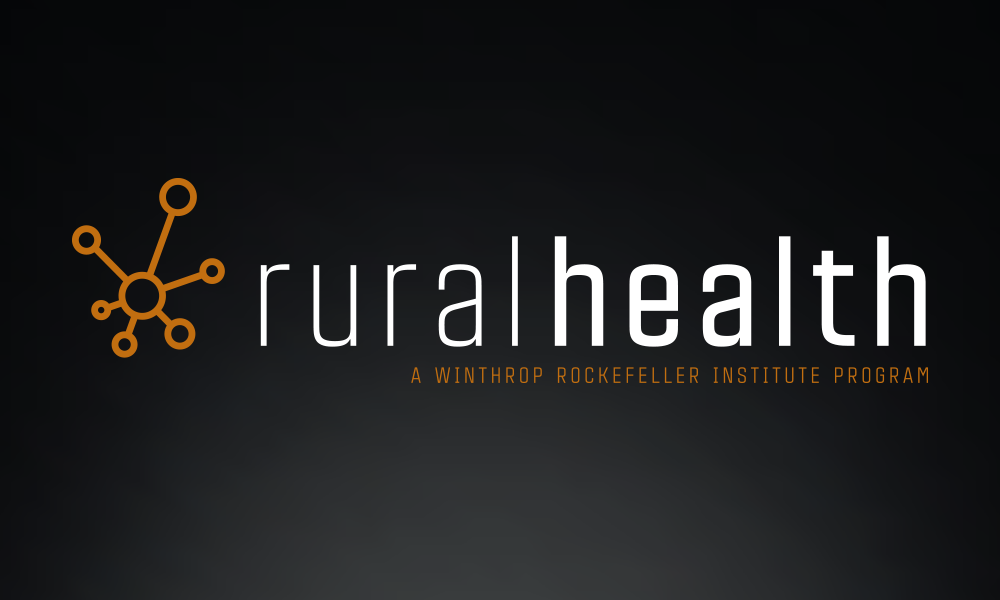We are approaching the dawn of a crisis in rural health care in Arkansas. With a rapid decline in rural health practitioners and a rapidly aging population, soon there will be grievous gaps in health service delivery. This problem was first brought to the Institute by Dr. Mark T. Jansen, director of regional programs at the University of Arkansas for Medical Sciences. He saw, as we did, that unless a concentrated, collaborative effort was called forth to improve health care delivery in rural Arkansas, the current situation would only get worse.
2020 Rural Health Summit
The 2020 Rural Health Summit represented the culmination of years of work. We invited back our rural health stakeholders who attended the past Summits to see the 2-year results from our working groups. All of our Summit members contributed ideas to the working groups over the years. They helped them address challenges at the one year mark and many served as working group members. The 2020 Summit was an exciting chance to hear about successes and discuss lessons learned.
Rural Health Association of Arkansas
The attendees looked to the future by weighing in on final decisions and planning matters for the Rural Health Association of Arkansas. That organization is where the Rural Health Summit COMMITtee and planning team cast the future of the partnerships and collaborations built over the three Rural Health Summits. Empowered to do so at the 2018 RHS, the COMMITtee recognized that the number of challenges facing rural health in Arkansas and, more importantly, the desire to work together by those closest to those challenges deserved more than just an annual meeting. Their goal was to create an organization that can serve as a year-round connecting point and knowledge exchange for anyone or any organization working to improve health outcomes in rural Arkansas.
Beyond that, the hope is that the RHAA can connect Arkansas challenges to nationwide resources and recognition through the National Rural Health Association.
This program was supported by the Health Resources and Services Administration (HRSA) of the U.S. Department of Health and Human Services (HHS) as part of an award totaling $100,000 with approximately 17% financed with non-governmental sources.
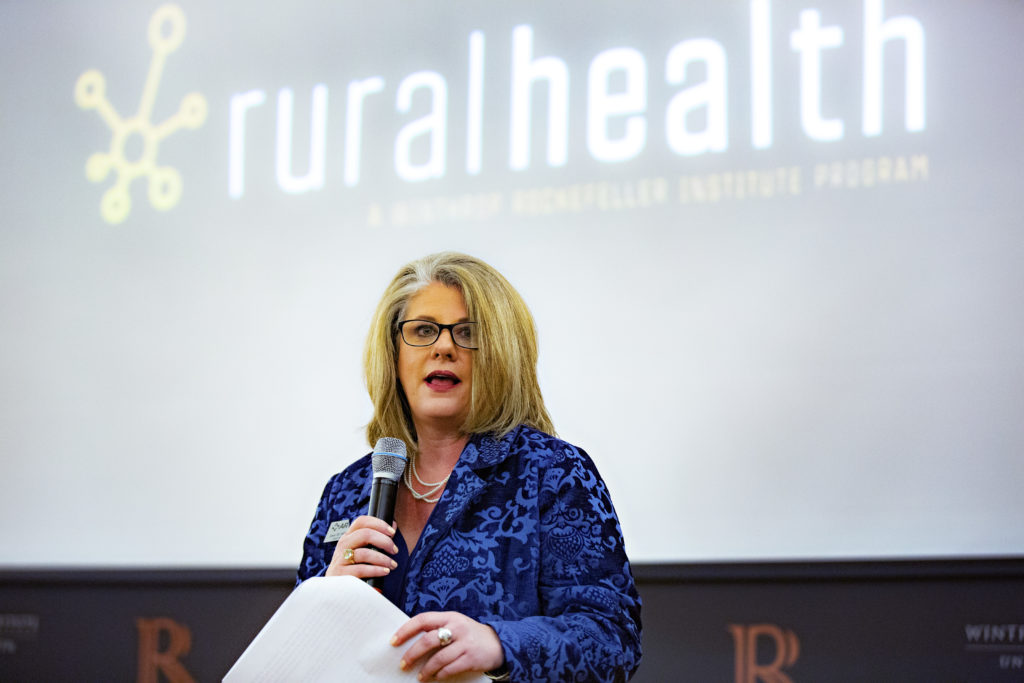
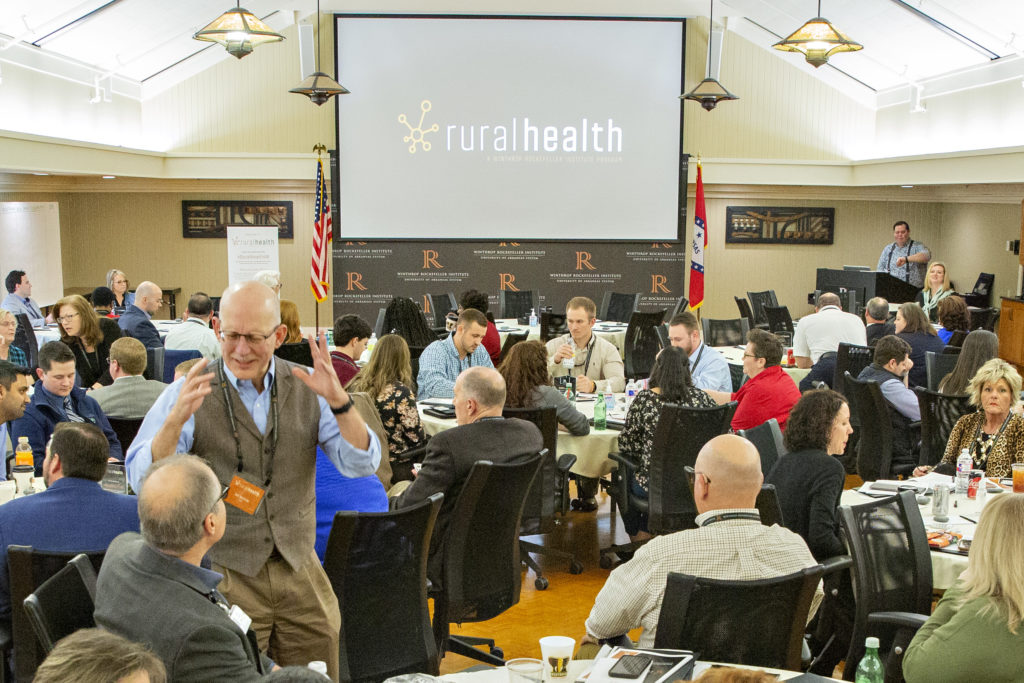
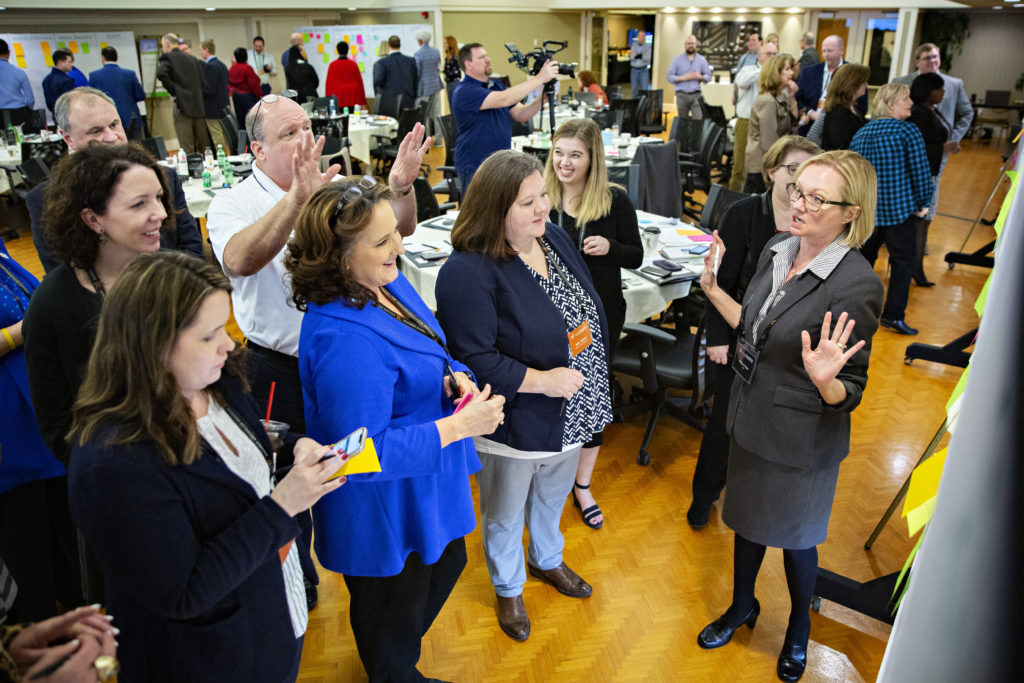
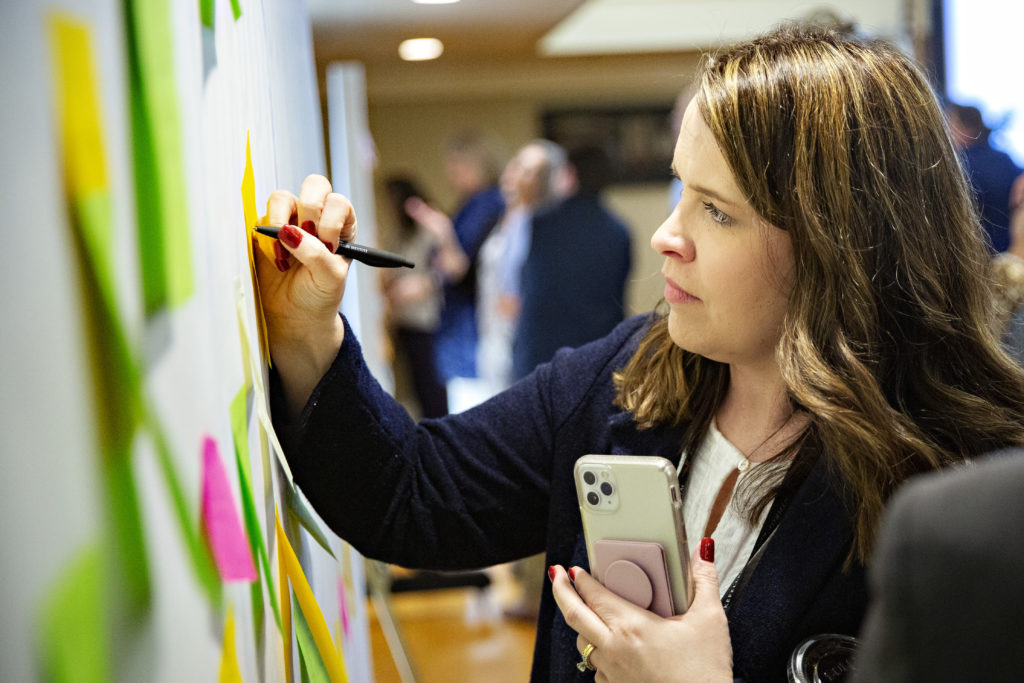

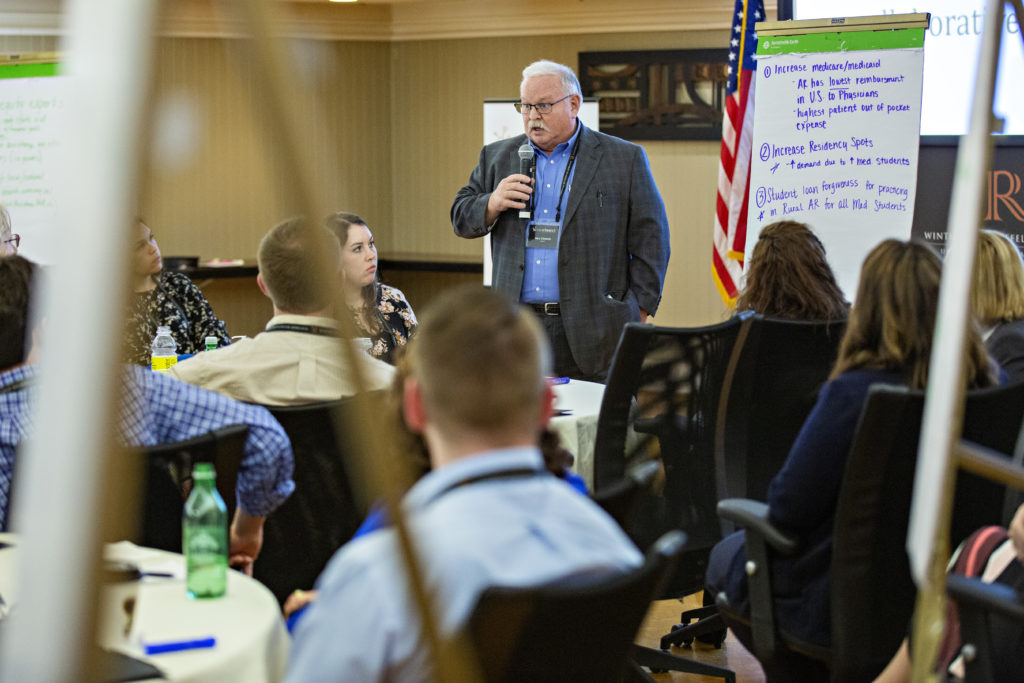
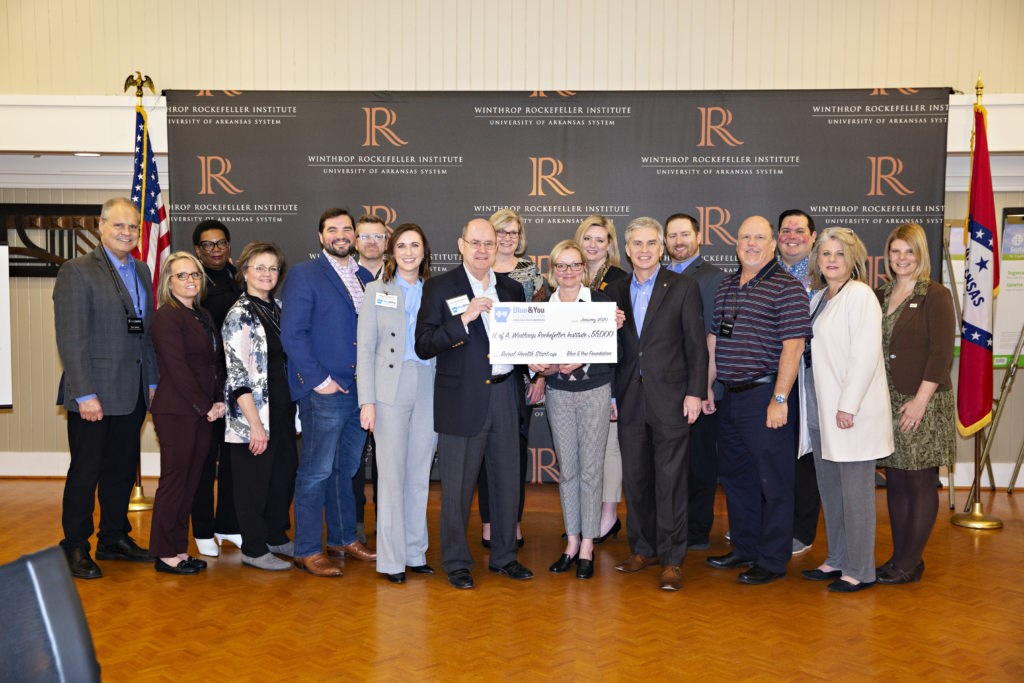
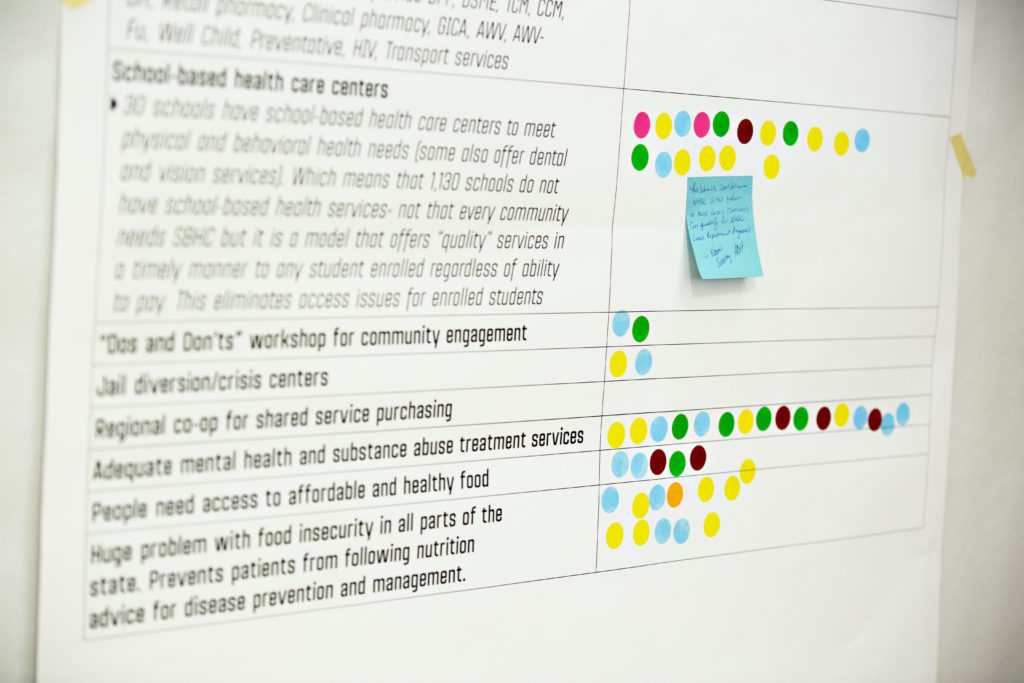
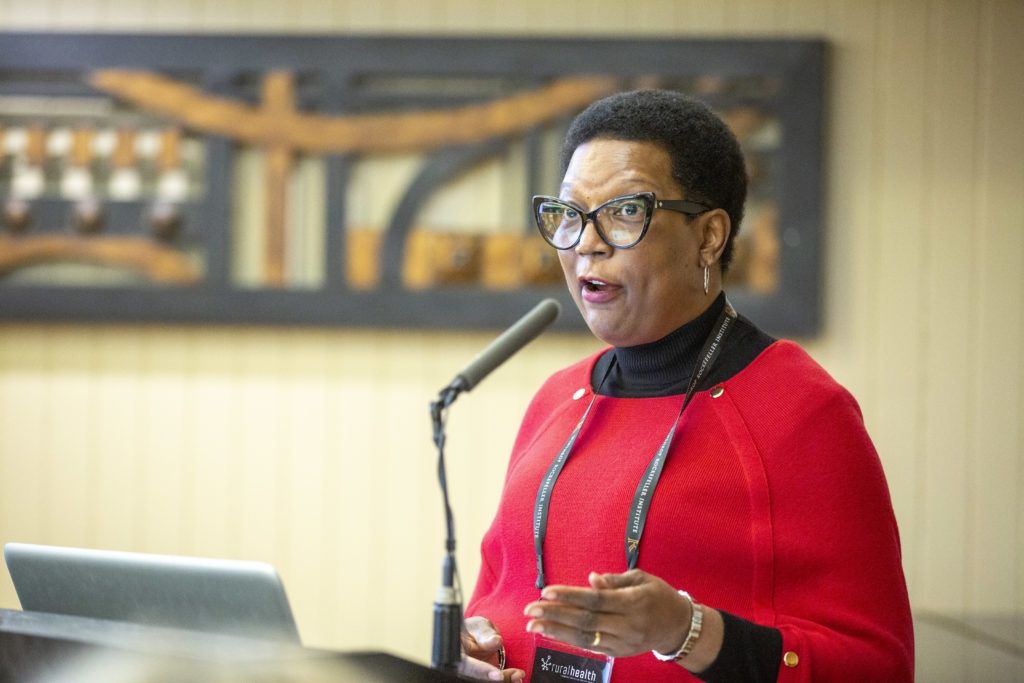
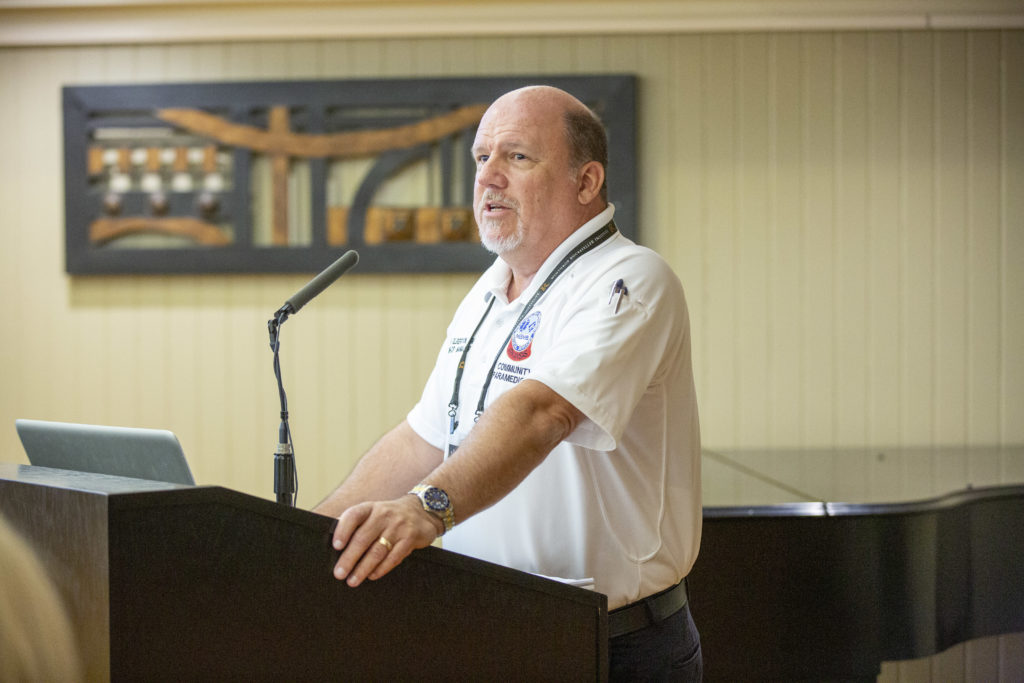
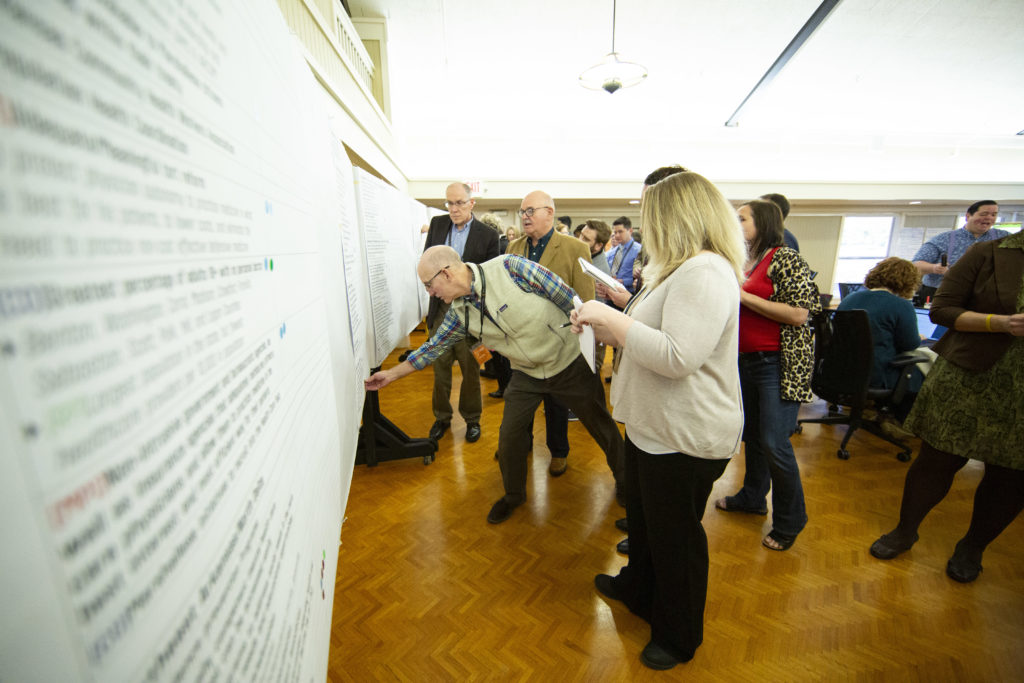
Contact Person


